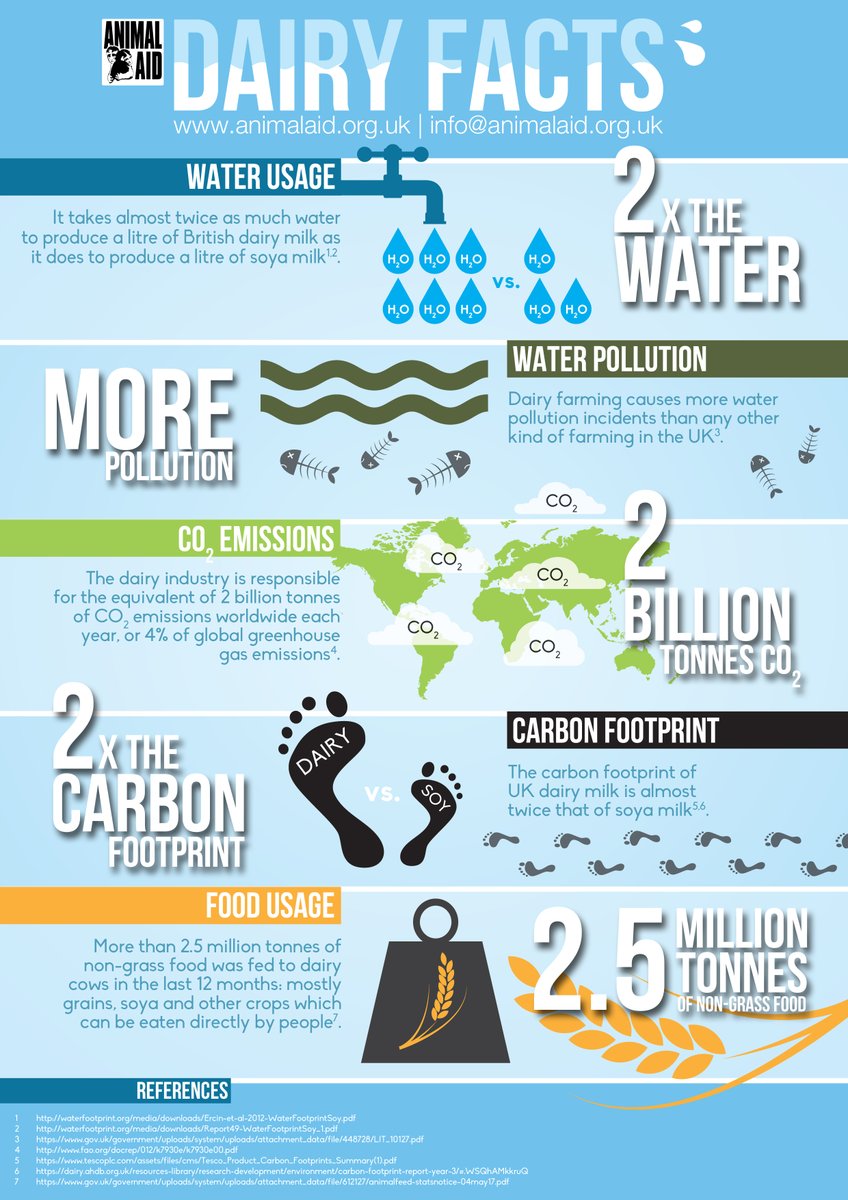for all you fatties out there, fruits and vegetables are alot less calorie dense than meats:
Food Calorie Density
Celery or cucumber 0.1
Asparagus, cooked 0.2
Chicken broth, regular 0.2
Salad greens 0.2
Tomato, raw 0.2
Bell pepper or carrots, raw 0.3
Broccoli or mushrooms, raw 0.3
Cantaloupe 0.3
Green beans, cooked 0.3
Salsa 0.3
Strawberries 0.3
Tomato soup, prepared with water 0.3
Vegetarian vegetable soup 0.3
Watermelon 0.3
Peach 0.4
Winter squash 0.4
Yogurt, light (low-calorie sweetener) 0.4
Apple 0.5
Italian dressing, fat-free 0.5
Orange 0.5
Blueberries 0.6
Lentil soup 0.6
Yogurt, fat-free, plain 0.6
Low-Calorie-Density Foods
Food Calorie Density
Cottage cheese, 1% fat 0.7
Grapes 0.7
Pasta sauce, tomato-based 0.7
Split pea soup 0.7
Tofu, firm 0.7
Yogurt, low-fat, plain 0.7
Green peas, cooked 0.8
Low-Calorie-Density Foods
(cont.)
Food Calorie Density
Sweet potato, baked or mashed 0.8
Beans, kidney 0.9
Potato, baked, with skin 0.9
Banana 1.1
Bran flakes, with fat-free milk 1.1
Yogurt, low-fat, fruit 1.1
Ranch dressing, fat-free 1.2
Rice, brown, long-grain, cooked 1.2
Shredded wheat, with fat-free milk 1.2
Shrimp, steamed 1.2
Spaghetti, whole-wheat, cooked 1.2
Tuna, light, canned in water 1.2
Turkey breast, roasted, no skin 1.4
Medium-Calorie-Density Foods
Food Calorie Density
Avocado 1.6
Chicken breast, roasted, no skin 1.6
Egg, hard-cooked 1.6
Frozen yogurt, soft serve 1.6
Hummus 1.8
Sirloin steak, lean, broiled 1.8
Salmon, farmed, baked 2.1
Ground beef, lean, broiled 2.2
Pork chop, center loin, broiled 2.2
Tortilla, corn 2.2
Apple pie 2.6
Bread 2.7
Ice cream, premium 2.8
Italian dressing, full-fat 2.8
Mozzarella cheese, part-skim 2.8
Medium-Calorie-Density Foods
(cont.)
Food Calorie Density
Potatoes, french-fried 2.9
Cheese pizza, thin crust 3.0
Swiss cheese, reduced-fat 3.0
Raisins 3.1
Cream cheese, full-fat 3.3
Mayonnaise, light 3.3
Hard pretzels 3.5
High-Calorie-Density Foods
Food Calorie Density
Carrot cake, cream cheese frosting 4.0
Cinnamon Danish pastry 4.0
Pork spareribs, braised 4.0
Brownie 4.1
Doughnut, cake 4.1
Croissant 4.2
Crackers 4.3
Trail mix 4.3
Tortilla chips, regular 4.7
Granola bar, hard 4.8
Ranch dressing, full-fat 4.8
Bacon, cooked 5.2
Chocolate chip cookies, homemade 5.2
Potato chips, regular 5.2
Dark chocolate 5.7
Almonds, dry-roasted 5.9
Peanuts, roasted 6.1
Peanut butter, regular 6.3
Mayonnaise, full-fat 6.7
Butter 7.0
Margarine, stick 7.0
Oil, vegetable 8.8


